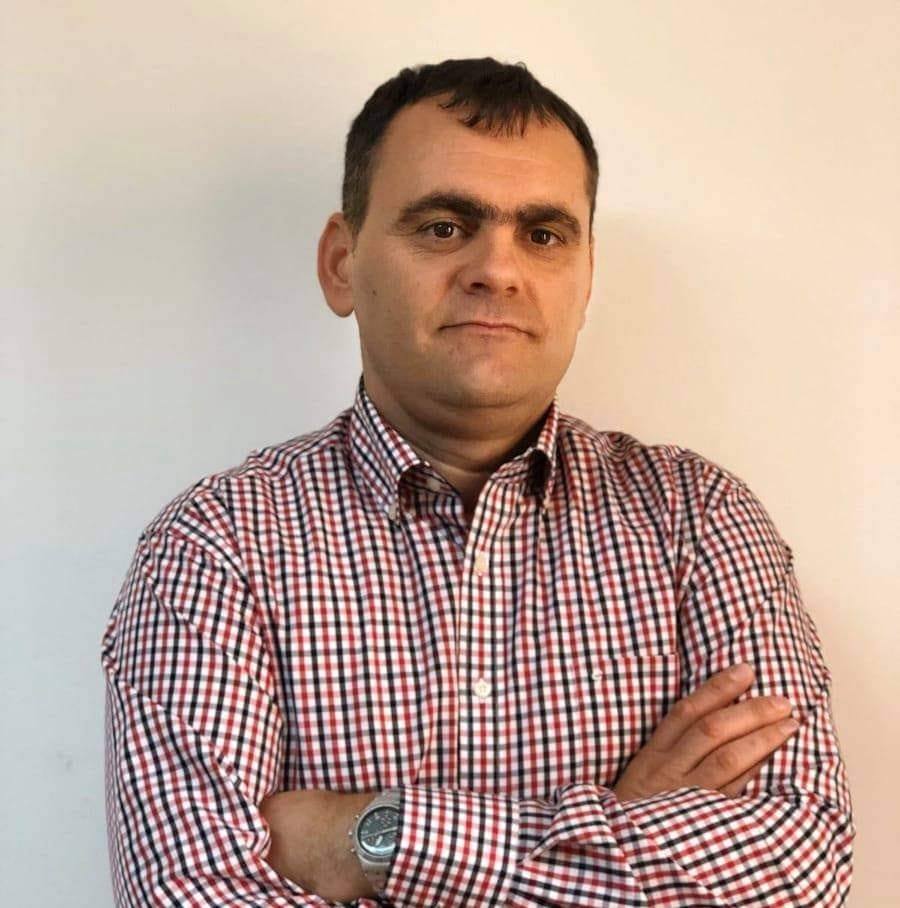Closing the Education Gap
An Inside Look at the Mentorship Programme, financed through a grant from the joint European Union and Council of Europe programme “Building Capacity for Inclusion in Education – INCLUDE”.
22/04/2023
Hyrije Kryezi, a 15-year-old high school student from Prizren, faced the challenge of deciding her future career and university studies, but was unsure of making the right choice for her financial and professional stability. Luckily, she received an invitation to join a support mentorship program from Roma Versitas. The programme is financed through a grant from a joint European Union and Council of Europe project, aimed for Roma, Ashkali, and Egyptian students in upper secondary level of education. She was assigned a mentor who provided guidance on career and other school-related issues. Reflecting on her experience, Hyrije acknowledges that the support and advice from her counselor helped her gain clarity on her dreams and opened her eyes to new possibilities. She now aspires to become a policewoman and has shown marked improvement in her overall academic performance.
“Support and advice from my counsellor helped me gain clarity on my dreams and opened my eyes to new possibilities.”
Hyrije Kryezi, beneficiaryGenc Broqi is one of the Project Managers in Roma Versitas Kosovo (RVK). RVK has been working on similar projects for over a decade, and their positive impact on the community makes the need for continuing these projects apparent. “Most of Roma, Ashkali and Egyptian families in Kosovo live in poor economic and social conditions, with limited levels of education among adults who cannot assist their children with homework or other academic work. As a result, Roma children often fall behind in education, making this type of project essential,” says Genc
The support from the project is two-fold. Firstly, it involves assigning one mentor to monitor the attendance and academic progress of up to five students, and the mentor regularly updates the project on any issues faced by the students. This allows the project to provide customized support to address these issues. Secondly, there is also the tutoring program, which provides additional classes to students who struggle with certain subjects. In the past, high school teachers were selected as mentors, but now, successful graduates from the Roma, Ashkali, and Egyptian community are being engaged as mentors. According to Genc, community members who have already faced similar problems are the best individuals to understand the issues faced by students from this community.
Additionally, the project offers soft skills training to final year high school students, which includes topics such as CV preparation, job interview skills, and time management.

“Without the assistance from the Council of Europe and the EU, we would not have been able to continue this support, as a result of which, we now will have dozens of candidates for university-educated doctors, engineers, and other professionals from the Roma, Ashkali, and Egyptian community.”
Genc Broqi, Project Manager, Roma Versitas Kosovo (RVK)The school dropout rate among high school students from the Roma, Ashkali, and Egyptian community was a serious issue, with over 80% of students dropping out in 2013. However, thanks to initiatives like this project, the dropout rate has decreased to around 10-15%. Initially, the project had low participation rates, with only 40 students, 80% of whom were male and 20% were female. Now, however, there are hundreds of participants, with over 100 going on to university each year after finishing high school.
The project provides support to over 600 students in total. Genc emphasizes that the project would not be possible without the support of the Council of Europe and the European Union. “Without the assistance from the European Union and the Council of Europe, we would not have been able to continue this project, and as a result of this support, we now will have dozens of candidates for university-educated doctors, engineers, and other professionals from the Roma, Ashkali, and Egyptian community,” Genc adds.
About the project
The objective of the “Strengthening secondary school students through mentoring “project is to foster quality inclusive education in Kosovo and one of the specific objectives is to improve access to education for children from Roma, Ashkali and Egyptian communities. The mentorship programme is financed through a grant from the joint European Union and the Council of Europe Project “Building Capacity for Inclusion in Education – INCLUDE” and implemented by the Roma Versitas Kosovo. The project started in January 2023 and it will be carried out over a period of 12 months.
Find out more
Photo credits: Roma Versitas Kosovo (RVK)